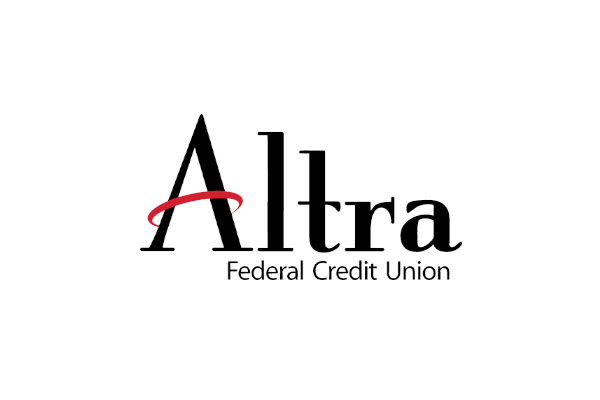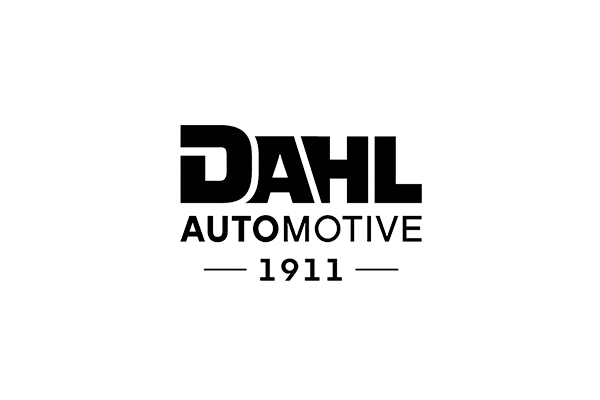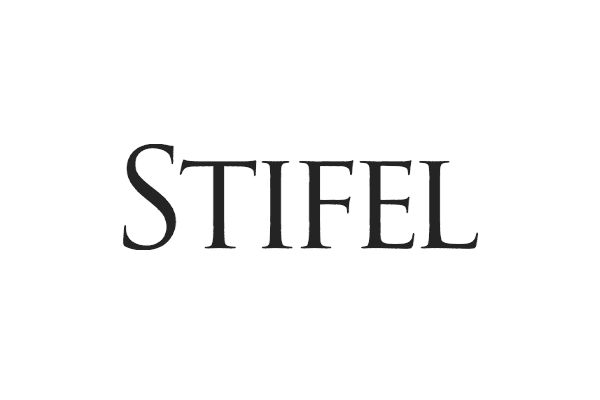Not all theatre happens under the spotlights. There are so many ways to get involved at LCT and you don't have to be a performer! Whether you already feel right at home in the theatre or are interested in trying something new, you are welcome. See below for all the behind the scenes opportunities.
To be notified about specific backstage opportunities, please email the box office to be added to our email list.
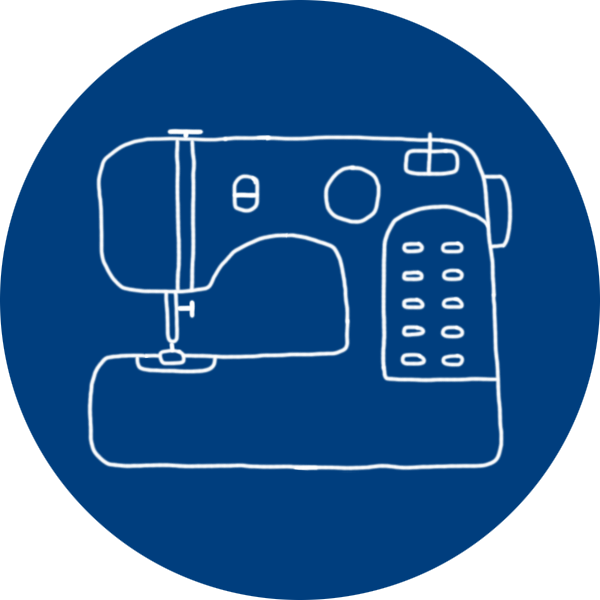
Costume Construction
Costume volunteers are instrumental in building costumes and putting the finishing touches on projects. Anyone who wants to learn to sew or craft—from simple alterations to full-scale constructions—can easily become involved. Give as much or as little time as your schedule allows.
Time Requirement: Flexible based on your availability and the costume shop hours for each production.
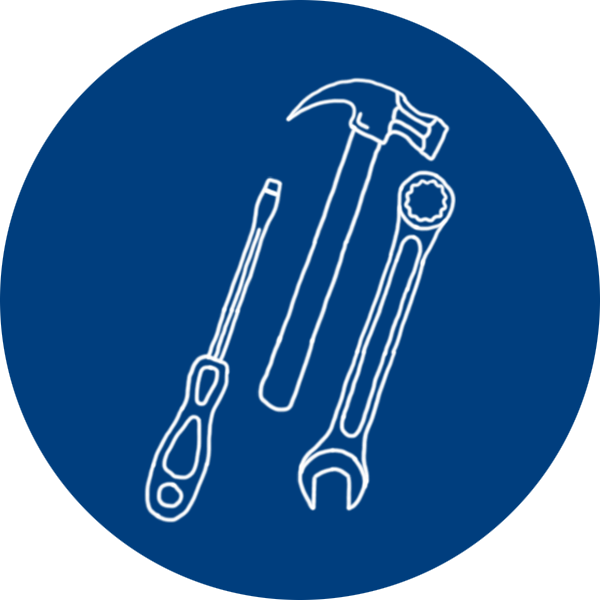
Set Construction
Volunteers who enjoy building and painting are great for this area! These volunteers assist the Technical Director with constructing and painting the set. Set construction is a great place to learn some basic carpentry and painting skills. Training is provided to those without experience.
Time Requirement: Normally weekdays from 10 am to 5 pm, in addition to special evening or weekend workdays.
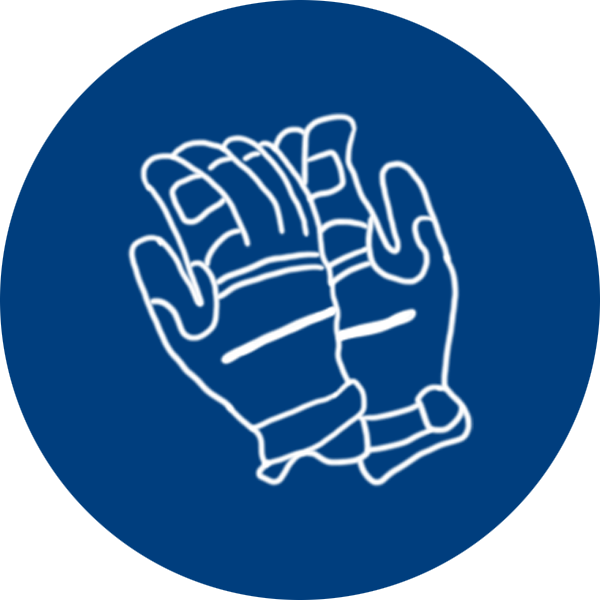
Run Crew
This is the perfect opportunity to see what happens behind the scenes of a theatrical production. Crew members may help create the special effects needed from backstage, change the set between scenes and during intermission, set the props, assist with costume changes, and work the fly rail system. This is a great way to be a part of an exciting live performance without being on stage.
Time Requirement: Tech week rehearsals, all scheduled performances, and strike.
